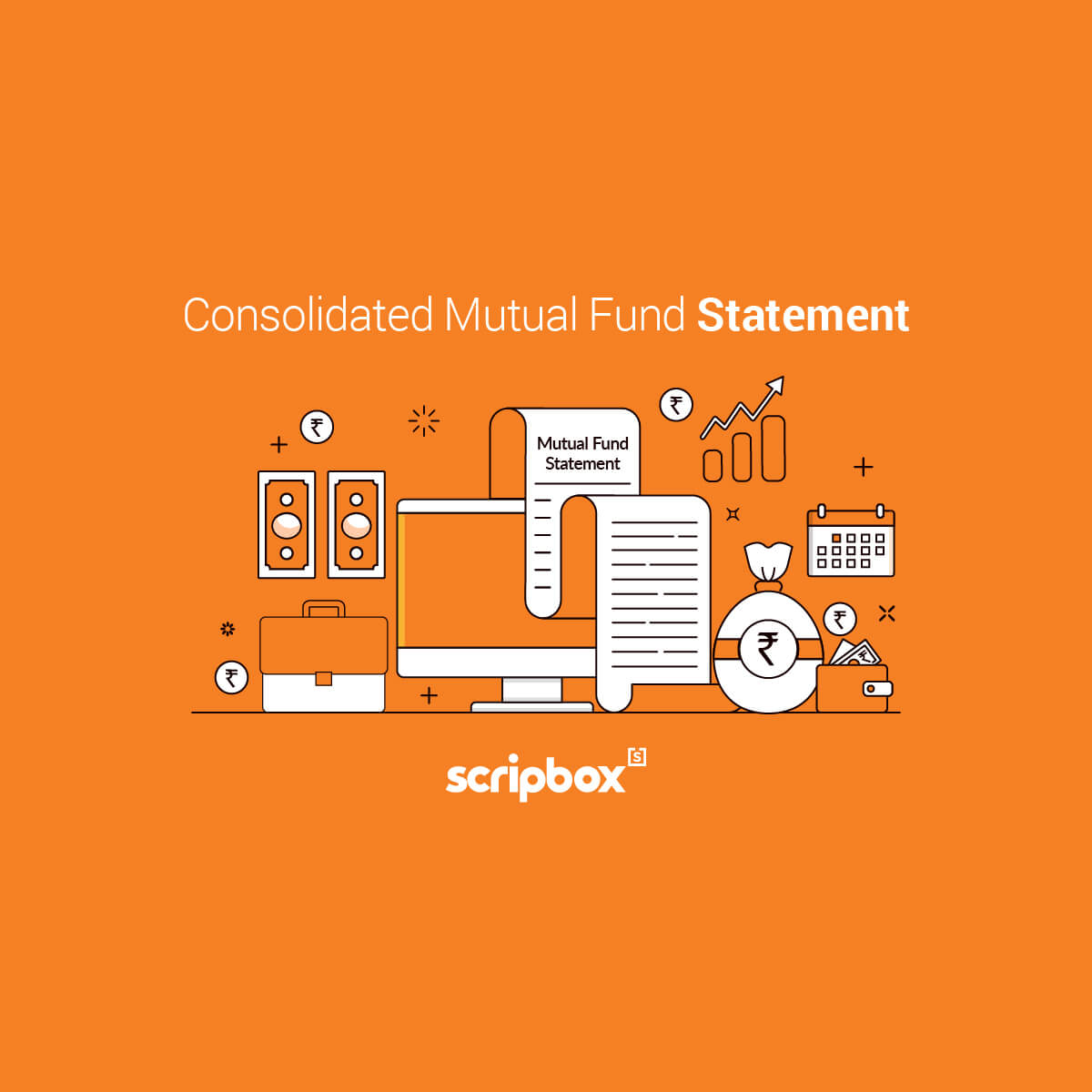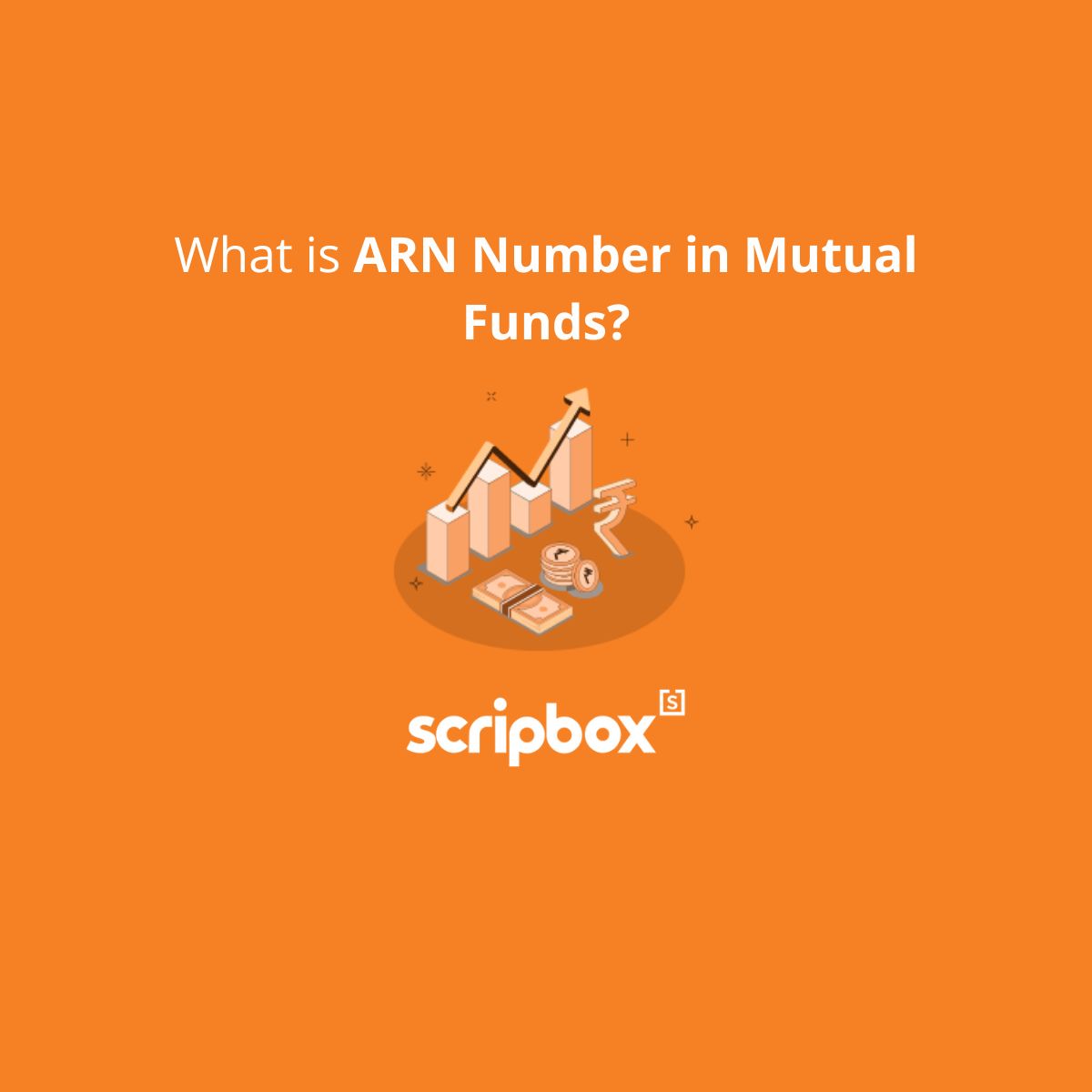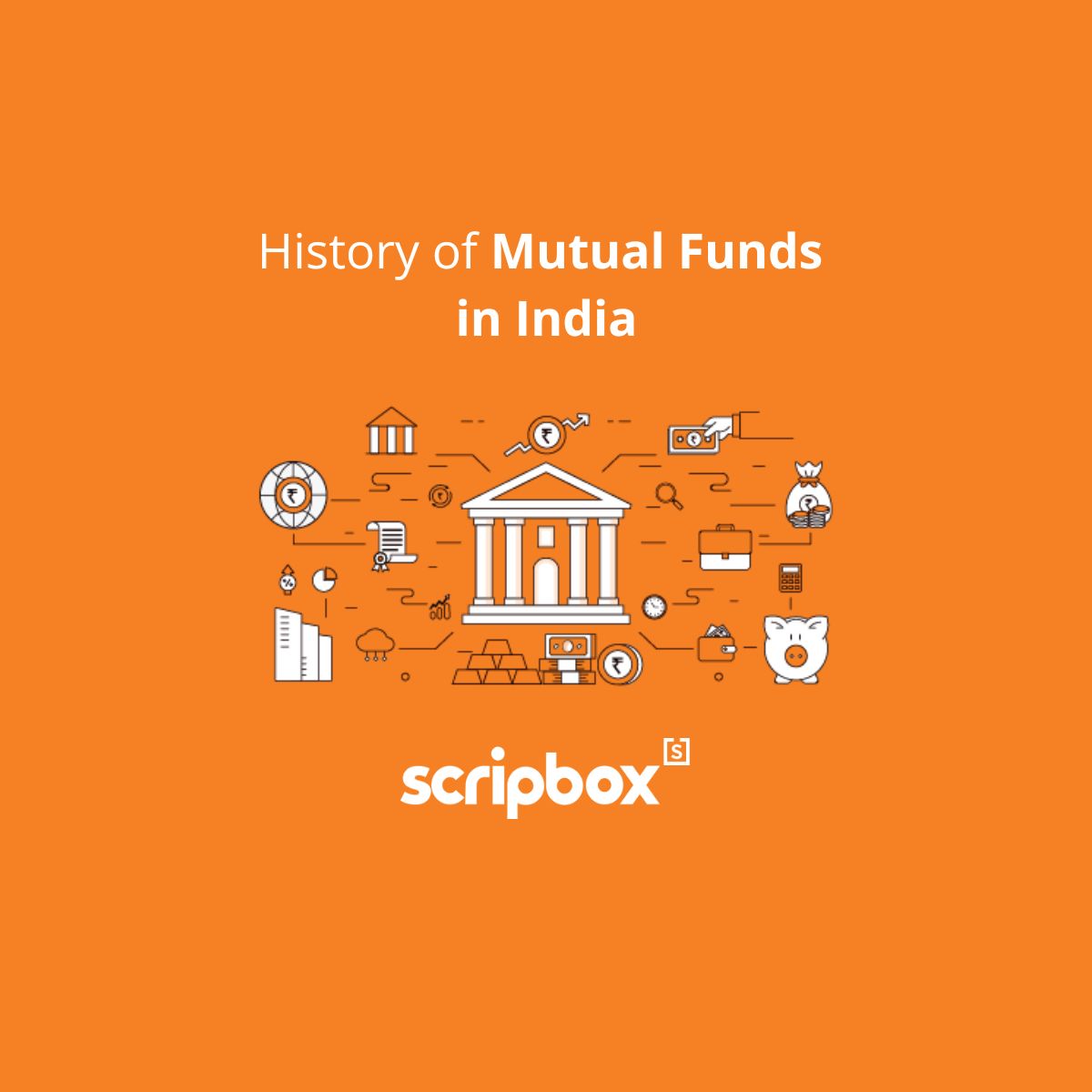Fixed maturity funds and target maturity funds are type of debt mutual funds that invest across securities with a fixed maturity. Fixed maturity funds are closed-ended funds that invest in securities with similar duration. On the other hand, target maturity funds also invest in debt instruments with similar maturities, but these schemes are open-ended. Though both schemes may sound similar, there are a few parameters on which they differ from each other. Let’s look at Fixed Maturity Vs Target Maturity Funds in detail.
Fixed Maturity vs Target Maturity Fund: Key Differences
The following table summarizes the differences between fixed maturity and target maturity funds:
| Basis of Difference | Fixed Maturity Funds | Target Maturity Funds |
| Fund Type | Closed-ended fund | Open-ended fund |
| Types | Since FMPs are closed-ended, you can invest only during NFO. | Index funds or ETFs or Funds of Funds |
| Liquidity | Low when compared to target maturity funds. | High when compared to fixed-maturity funds. |
| Traded on the Stock Exchange | Yes | No |
| Expense Ratio | Higher compared to TMFs | Lower compared to FMPs |
| Duration | 1 to 3 years | 3 to 10 years |
| Risks | Credit Risk | No to less default risk, as the scheme invests in SDLs, G-Secs, and AAA bonds. Interest rate risk is nil if held till maturity. |
| Suitable for | Short-term and moderate to high-risk tolerance level investors. | Long-term and conservative investors. |
Fixed Maturity vs Target Maturity Fund: Which is Better?
The choice between fixed maturity funds and target maturity fund depends on your investment horizon and risk tolerance levels. Both schemes have fixed maturities, and you will earn the current yield only when you hold the investments for the said durations. Selling them sooner will earn lesser yields.
Fixed maturity plans are closed-ended schemes and trade on the stock exchange. They usually trade at a discount to the NAV. Thus, the trading volumes are lower, and the liquidity is low. These are short-term investments, usually up to 3 years.
On the other hand, target maturity funds are open-ended schemes that invest in Gsecs, SDLs, and AAA-rated bonds. These are high-quality debt instruments, and thus, the default risk is almost non-existent. Also, when you hold TMFs till maturity, the interest rate risk is negligible. TMFs are long-term schemes ranging from 3 to 10 years.
Thus, depending on your investment tenure and risk tolerance level, you can pick the suitable debt fund for your investment portfolio.
Frequently Asked Questions
Target maturity funds have a low expense ratio.
Once the target maturity fund matures, the money is credited to the investor’s account.
Fixed maturity plans are closed-ended schemes. After the NFO period, the units trade on the stock exchange like shared. Thus, investors can sell their fund units anytime on the stock exchange. However, exiting the scheme before maturity will yield lower returns.
Related Pages

















Show comments